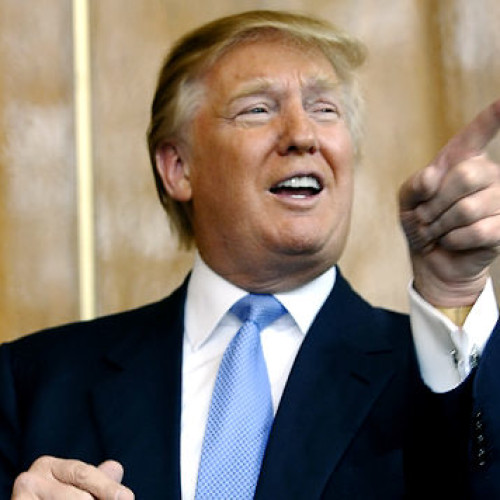The Battlefield of Fundraising
The mid-term elections are now less than a week away, and for all the talk about serious issues facing the nation, research still suggests that elections come down to two things: name recognition and money. There are certainly exceptions where the underdog wins the races. However, these victories tend to be few and far between. In the end, politics is a game that is won and lost on the battlefields of fundraising, name recognition and get out the vote efforts—and the Democrats are winning.
In the last Presidential election Obama did not win because his policies were so well loved, and the Republicans did not lose because their policies are disliked. Obama won because three million conservatives sat home on Election Day. You may not like liberal policies, but you must admire their ability to rally money and get people to the polls on Election Day.
Despite the portrayal of the GOP as a party of wealthy elitists, the DNC consistently out fundraises. As of the last FEC campaign contribution disclosures, the DNC has raised $730 million dollars; the GOP has raised $561 million. While the DNC raises more, they also spend more. According to the same disclosure the Democratic Party has a debt of $19 million dollars compared to the GOP’s debt of $3 million. For this year’s Senate races alone, the Democratic Party has racked up a debt of $15 million; the GOP is currently breaking even. Interestingly, the majority of contributions—to both parties—come from retired individuals and is pretty evenly split between the parties. Where the DNC tends to fair better in raising money is contributions given by unions, universities, PACs and other special interest groups. Although the Koch family is considered the largest donor to political campaigns, a recent list named Act Blue the number one campaign contributor; the Koch family was ranked below fifty. Act Blue is a PAC dedicated to raising money for Democratic candidates.
The old adage of ‘follow the money’ is still relevant. In politics, money is pivotal to winning, but it inevitably comes with strings and politicians often feel beholden to donors. While only .19% of the population actually contributes a significant amount of money (anything over $200) to campaigns or political parties, their contributions represent 66% of the funds raised. And in a nation that is currently majority female, 70% of the individuals donating money to politics are male. These statistics indicate that the majority of Americans have little influence on politics. This is one reason the GOP saw huge numbers of voters sit out during the last election. The leaders of the GOP clearly are not listening to the wishes of their baseline voters; could it be that instead they follow the money? This is clearly the case with the DNC where their top contributors come from Hollywood, unions and Wall Street. The difference is that at the end of the day, despite differences in opinions across the party, the DNC gets people to the polls.
While policies should certainly be the most important issues of a political race, they tend to get marred in the game of politics. A candidate with stellar policy views often falls victim to the candidate able to raise enough money to drown out any real substance with ad after ad. So how does society escape the political game? By refusing to accept the status quo one person, one vote, one party, and one elected position at a time.
Sources: OpenSecrets.org, Center for Responsive Politics , Investors.com
Image courtesy of DemocratsforEquality.org



